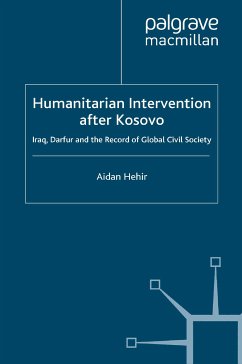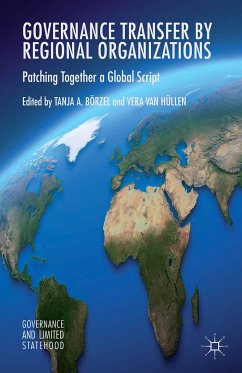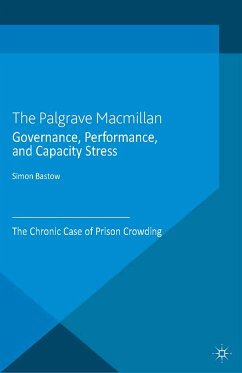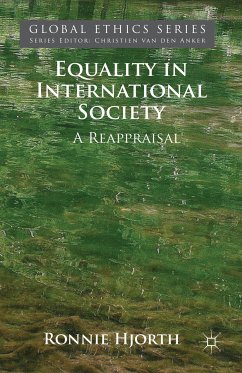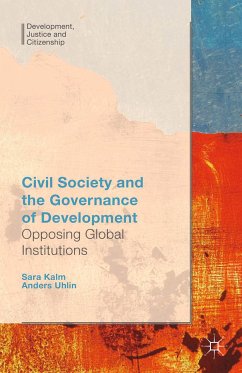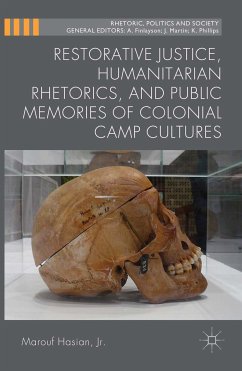
Restorative Justice, Humanitarian Rhetorics, and Public Memories of Colonial Camp Cultures (eBook, PDF)
Versandkostenfrei!
Sofort per Download lieferbar
40,95 €
inkl. MwSt.
Weitere Ausgaben:

PAYBACK Punkte
20 °P sammeln!
The concentrations camps that existed in the colonised world at the turn of the 20th Century are a vivid reminder of the atrocities committed by imperial powers on indigenous populations. This study explores British, American and Spanish camp cultures, analysing debates over their legitimacy and current discussions on retributive justice.
Dieser Download kann aus rechtlichen Gründen nur mit Rechnungsadresse in A, B, BG, CY, CZ, D, DK, EW, E, FIN, F, GR, HR, H, IRL, I, LT, L, LR, M, NL, PL, P, R, S, SLO, SK ausgeliefert werden.



